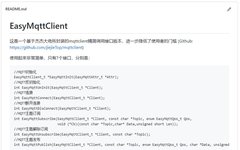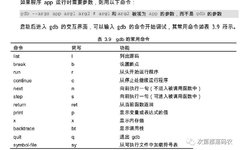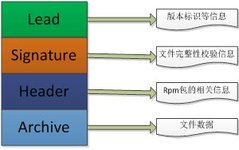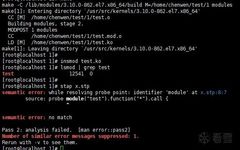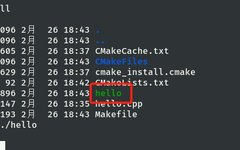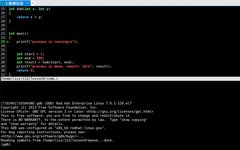A Minimalist MQTT Interface EasyMqttClient
Click on the “Embedded Application Research Institute” above, and select “Top/Star Official Account“ Useful Resources Delivered First Hand! Source | Embedded Application Research Institute Compiled & Formatted | Embedded Application Research Institute In the development of IoT-related applications, MQTT is used to some extent. The following open-source project is an interface I encapsulated based on … Read more
